Expert-level Troubleshooting & Maintenance in Automation
This course provides advanced training in troubleshooting and maintenance techniques essential for professionals working with industrial automation systems. Participants will gain comprehensive knowledge of Variable Frequency Drives (VFDs), Programmable Logic Controllers (PLCs), SCADA/HMI systems, Servo Motors, and Pneumatics & Field Instruments.
Language : Tamil | English
Student Rating : 4.7+ (1500 + Student)
In-demand job vacancies with over 1000+ openings await graduates of our courses
Master Troubleshooting & Maintenance with a 360° Approach
Explore advanced troubleshooting & maintenance in industrial automation with focus on VFDs, PLCs, SCADA/HMI systems, servo motors, and pneumatics. Hands-on projects and practical applications ensure mastery of essential skills for industrial settings
PLCs
Programmable Logic Controllers for automation.
VFDs
Variable Frequency Drives for motor control.
SCADA/HMI
SCADA/HMI for monitoring and control.
Servo Motors
Precision motors for motion control.
Pneumatics
Air-based systems for automation.
Field Instruments
Devices for measurement and control.
Designed for working professionals and freshers like you
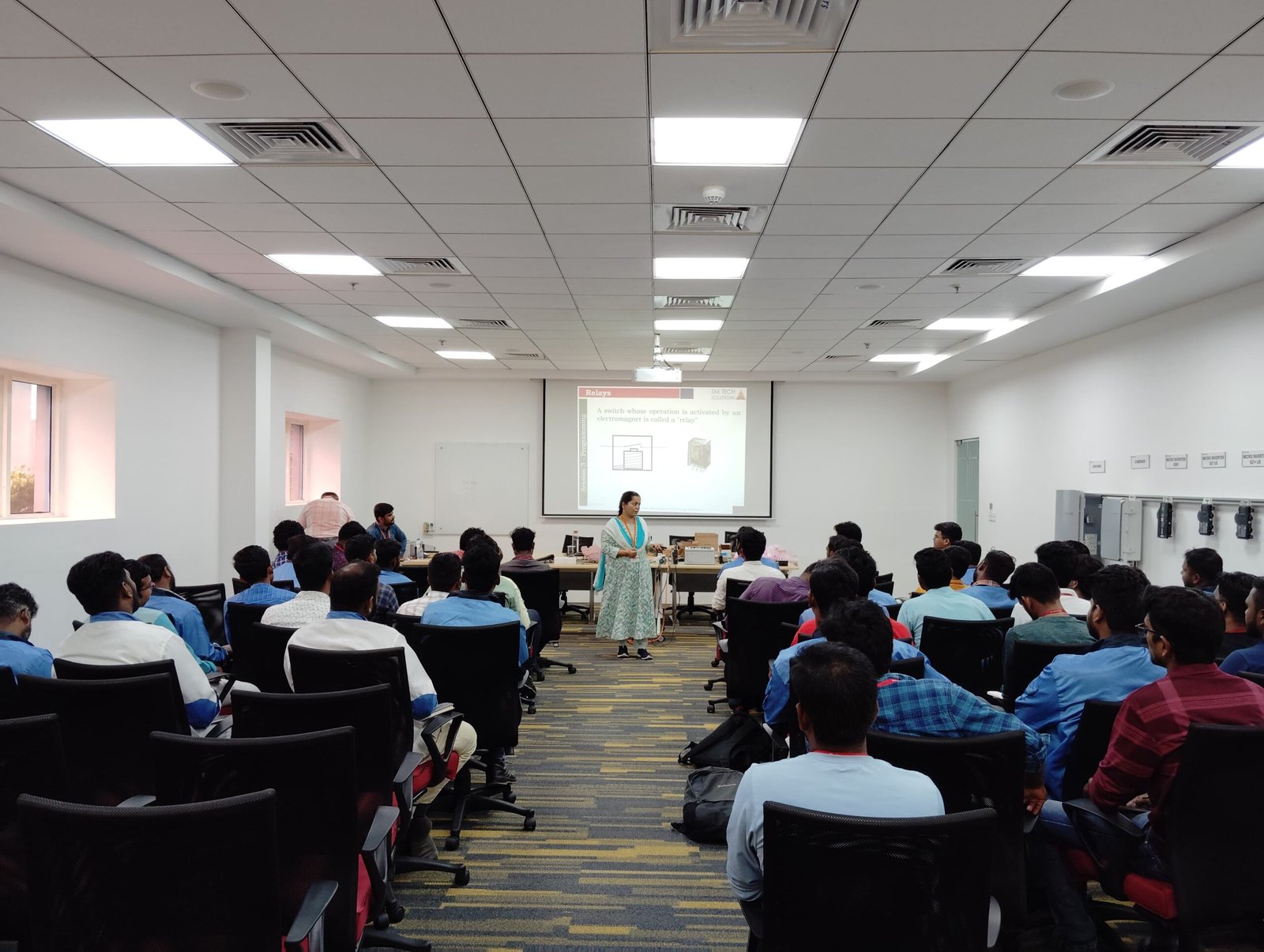
Flexible Learning
Access course materials anytime, anywhere through online videos led by renowned faculty.

Networking Opportunities
Interact with peers sharing similar interests to expand your professional network.
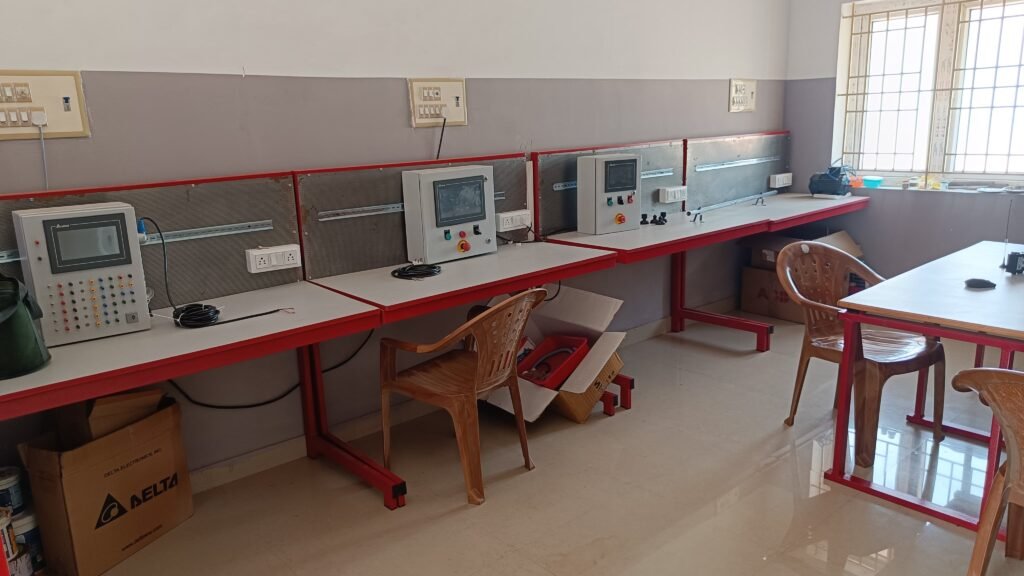
Expert-level Troubleshooting & Maintenance in Automation
- Duration : 3 Month
- Review : 4.9+
Advanced Automation Systems Certification
Benefits of the Advanced Automation Systems Certification include enhanced career prospects, validation of expertise, advanced skills development, industry recognition, and expanded professional network
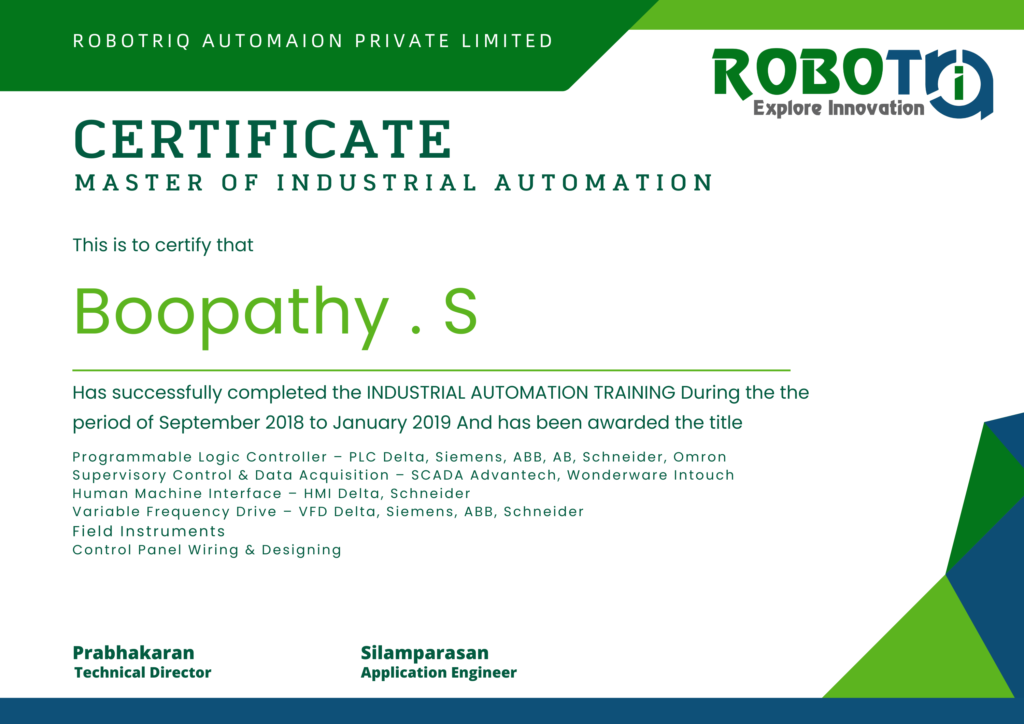

Detailed Syllabus
Syllabus to Expert-level Troubleshooting & Maintenance in Automation
- Introduction to automation in manufacturing and process industries
- Evolution and significance of automation systems
- Role of troubleshooting and maintenance in enhancing system reliability
Fundamentals
- Basic principles of VFD operation
- Types of VFDs and their applications
Selection and Installation
- Criteria for selecting VFDs based on load characteristics
- Installation guidelines and considerations
Parameterization and Commissioning
- Programming VFD parameters for optimal operation
- Load testing and commissioning procedures
Interfacing with PLCs
- Integration of VFDs with Programmable Logic Controllers
- Communication protocols and data exchange methods
Advanced Topics
- Speed modulation techniques
- Error codes interpretation and troubleshooting strategies
- Real-time interface with Human Machine Interfaces (HMIs)
Introduction and Architecture
- Overview of PLC hardware and software components
- PLC scan cycle and execution sequence
Programming Fundamentals
- Ladder logic programming basics
- Addressing and configuring digital and analog I/O modules
- Programming timers, counters, and arithmetic instructions
Advanced Programming
- PID control mode implementation
- Network configuration and communication drivers
- PLC troubleshooting techniques and debugging strategies
Specialized Functions
- Servo motor control using PLCs
- Integration with SCADA systems for data visualization
SCADA Fundamentals
- Overview of SCADA systems and their role in industrial automation
- Configuration of database images and object creation
HMI Design and Configuration
- Creating dynamic graphical interfaces
- Alarm and event configuration
- Real-time and historical trend analysis
Integration with PLCs
- Establishing communication between SCADA/HMI and PLCs
- OPC/ODBC connectivity for data exchange
Introduction and Construction
- Basics of servo motor operation
- Types of servo motors and their characteristics
Control Modes
- Speed, position, and torque control modes
- Programming servo drives using PWM and other control techniques
Applications and Advantages
- Industrial applications of servo motors
- Advantages over conventional motors (e.g., induction motors)
Troubleshooting and Maintenance
- Common servo motor issues and error code interpretation
- Periodic maintenance procedures and best practices
Pneumatics Basics
- Introduction to pneumatic systems
- Components: solenoid valves, actuators, etc.
Field Instruments
- Overview of level transmitters, flow transmitters, RTD/thermocouples
- Control valves and signal converters
Applications and Integration
- Practical applications in industrial automation
- Integration with PLCs and SCADA systems
Project Work
- Integration of VFDs, PLCs, and HMI/SCADA systems
- Servo motor control project
- Troubleshooting simulated automation scenarios
Safety Practices
- Importance of safety in industrial automation
- Compliance with industry standards and regulations
Case Studies
- Real-world case studies of successful automation implementations
- Lessons learned and best practices in industrial automation
Course Learning Pathway
Empowering Tomorrow's MNC Masters: Where Practical Skills Forge Expertise

Theory Class

Practical Class

Practical Class

Direct Industry Project
Video Preview Outline
Change Fuji VFD Drive Parameter Setting & Wiring Class
Communication with Delta PLC & Delta HMI | SCADA
Industry Real Time Project to Client | Industry Machine PLC Programing
Job Opportunities After Course
- Automation Maintenance Technician
- Control Systems Engineer
- Maintenance Supervisor
- Field Service Engineer
- Automation Specialist
- Industrial Electrician
- PLC Programmer
- SCADA Operator
- Instrumentation Technician
- Robotics Engineer
Job Opportunity Industries
- Manufacturing
- Automotive
- Aerospace
- Medical Devices
- Electronics
- Pharmaceutical
- Food and Beverage
- Packaging
- Building Automation
- Water and Wastewater Treatment
Job Opportunity Countries
- India
- China
- United States
- Germany
- Gulf
- Australia
- France
- Canada
- South Korea
- Japan
Partnered with 200+ Trusted PLC, SCADA, and Robot Manufacturers.






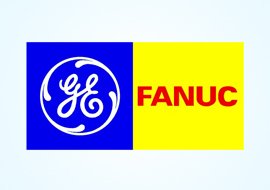
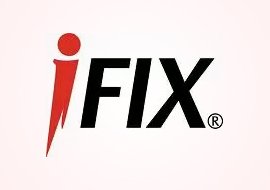






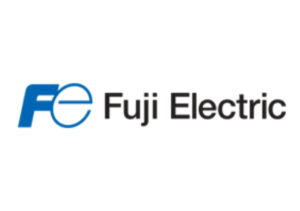
Upcoming Batches in 2024
Upcoming Batches in Industrial Automation
- Start Date: 1 August 2024
- Location: Coimbatore / Online
Course Highlights:
- PLC, SCADA, HMI training
- Hands-on practice with industry-standard equipment
- Certification upon completion
- Placement support and career guidance
Who Should Attend?
- Engineers, Technicians, and Fresh Graduates
- Professionals looking to upskill

Student Feedback




